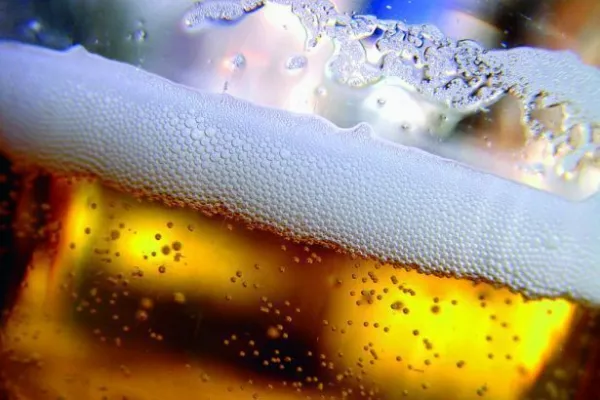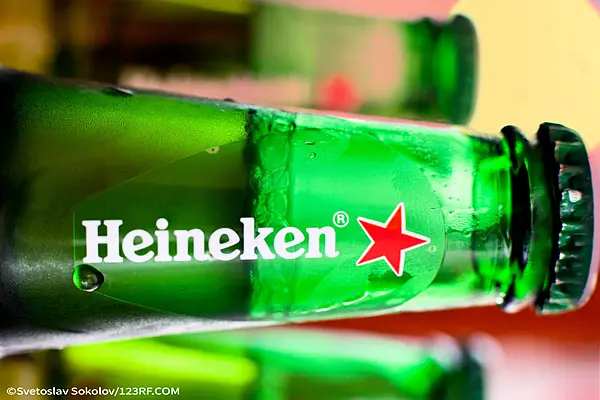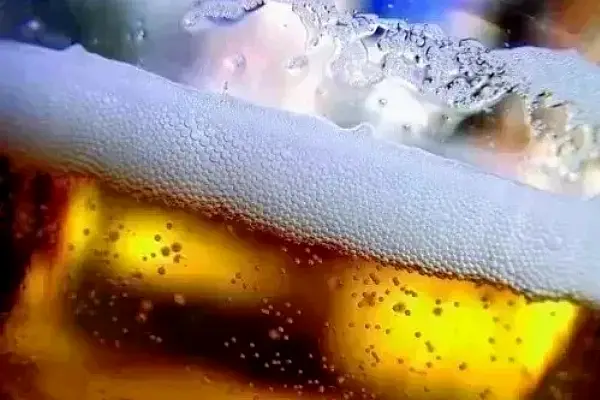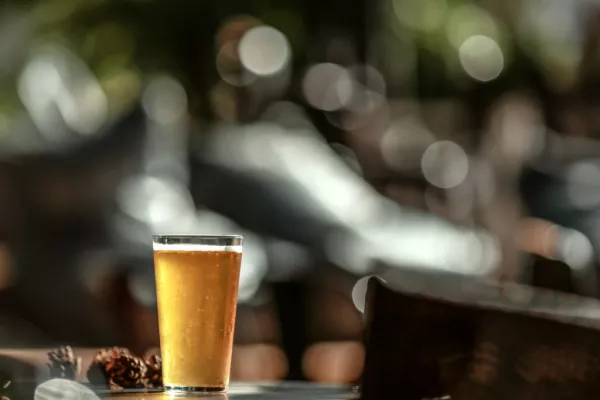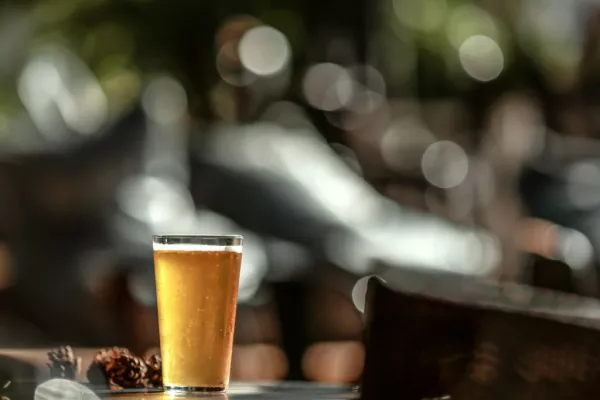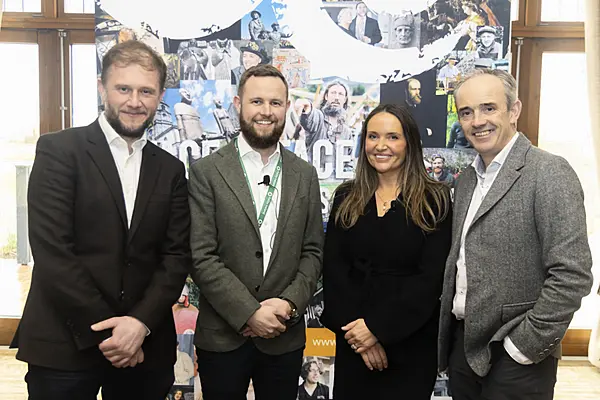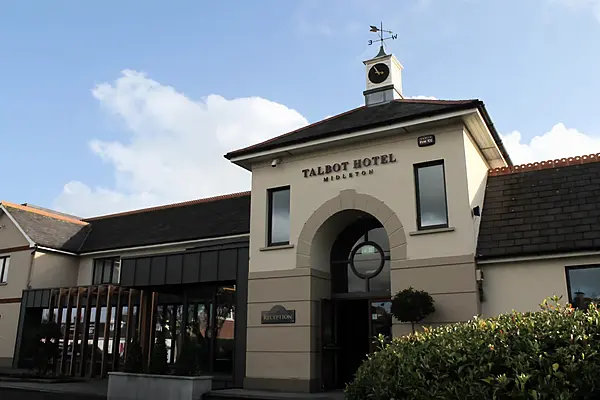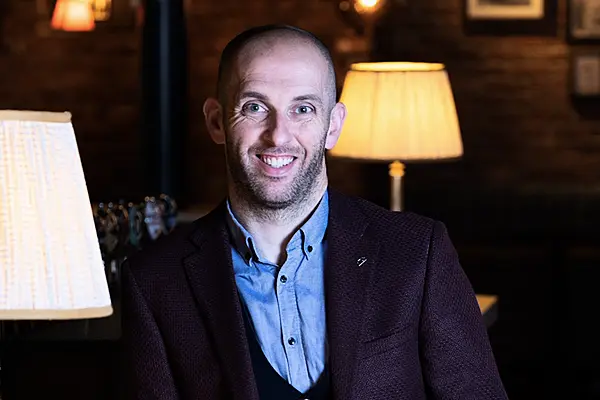For the world's biggest brewer, no beer is too small.
As it fights defection from its blockbuster brands to craft beers, Anheuser-Busch InBev has turned to kitchen and closet brews, buying one of the continent's largest suppliers for do-it-yourself beer-makers, Northern Brewer, for an undisclosed sum.
"We understand the consumer need is changing, and we want to keep up with the evolving beer landscape," said Cassiano Hissnauer, global vice president for homebrewing at ZX Ventures, InBev's New York-based venture capital unit that led the acquisition. (It casts itself as a "nimble global start-up" full of "data geeks.")
Northern Brewer, based just north of Minneapolis, sells everything an aspiring Eberhard Anheuser might want—grains, malt, hops, yeast, carboys, kettles, pumps, refractometers, immersion chillers, airlocks, fermenters and, of course, bungs. For novices, it hawks small-batch kits that will brew one gallon for $15 and up.
Instagram: Instagram photo by Jared
The company has built quite a following in its 23 years and now has about 150 employees and four retail stores. Founder Chris Farley says that in his "wilder fantasies," he thinks the company has played a part in catalyzing the entire craft-beer movement.
"I've literally never had a real job," he said. "It's just been a tremendous atmosphere of growth from the start."
Three years ago, Northern Brewer acquired Midwest Supplies, its largest rival. Since then, its competition has been mainly a smattering of small, regional shops.
"They're just the monsters of homebrewing," said John La Polla, co-owner of Bitter & Esters, which sells a similar range of supplies out its Brooklyn storefront. Shops like his mainly compete on customer service, offering classes and tapping into a customer base that still wants to buy local .
On its face, with the acquisition InBev will be equipping do-it-yourselfers to do an end-run around Budweiser. But in truth, anyone parsing their own hops is probably less likely to crack a Bud Light than a beer from one of the country's roughly 4,200 craft brewers—a number that's up 76 percent in the past three years.
Owning Northern Brewer could give InBev another layer of research and development, according to Robert Sherrill, a homebrewer and the manager of the beverage program at the Brooklyn craft beer bar Covenhoven.
"The hobby of home-brew springs from a love of craft brew and a desire to create their own version of that experience in a glass," he wrote in an email. "Tapping into that passion ... could allow InBev to identify trends in order to get ahead of the curve."
InBev is a massive conglomerate, and its efforts to stay relevant can seem strained or tone-deaf. But it has had some hits. Since 2011, it has bought at least eight U.S. craft brewers, including Goose Island, Blue Point, Breckenridge and Devil's Backbone; those brands and new imports have helped shore up revenue as flagship beers lose favor.
Every time InBev buys a smaller rival, purists grumble—but the beer behemoth's leaders have mostly taken a hands-off approach. And it’s tough for beer-lovers to be bitter when the brewers they love suddenly have piles of money, better equipment and distribution networks to get their beers on taps in places they'd never dreamed of.
"At the end of the day, we want to help spread our passion of homebrewing even further and one day make homebrewing as common a hobby as gardening or cooking," said Cassiano Hissnauer, ZX's global vice president of homebrewing.
That might be a tough goal to reach. Homebrewing is very much a niche market—there are about 1.2 million homebrewers in the U.S. making about 2 million barrels of beer every year. Northern Brewer may have a hard time moving the needle at its new parent, a $258 billion concern.
Instagram: Instagram photo by Logan Conner
There is, however, another factor at play in InBev's decision: PR. Beer these days is about optics, and a simple glass of suds can be charged with meaning—conveying something about its drinker, like the rock bands she likes might have once.
"There’s so much going on that’s hyperlocal, and I think that’s something we bring to the table," Farley said.
Meanwhile, the hottest craft brewers of the next few decades are likely hunkered in a kitchen somewhere, boiling wort in Northern Brewer kettles. As Farley put it: "There's sort of an element of selling pick-axes to gold miners."
